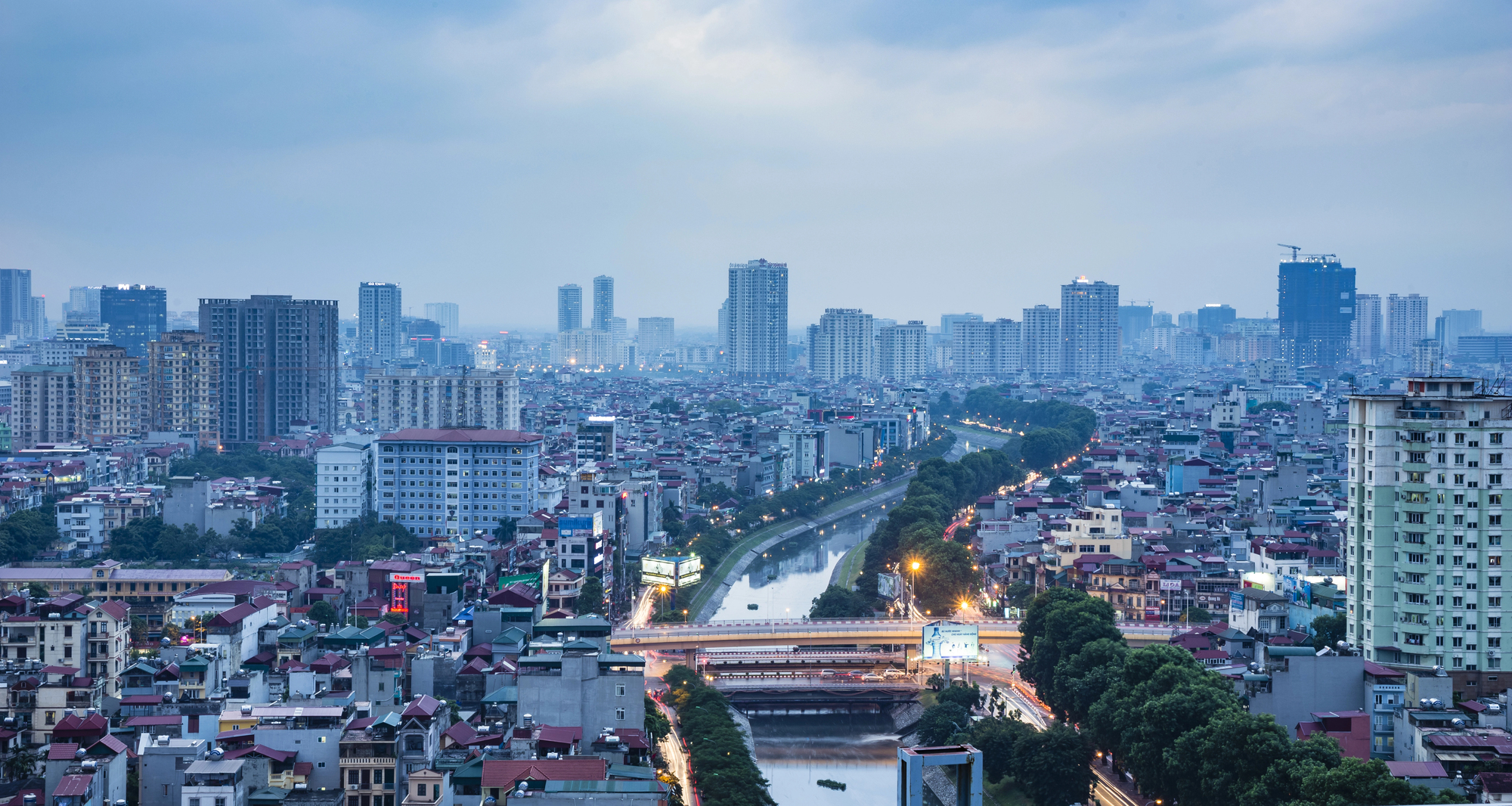HANOI, VIETNAM: Hanoi has topped the list of the world’s most air-polluted cities again, following the alarming levels recorded on Jan 3, when the city’s levels of hazardous small particles known as PM2.5 were at 266 micrograms per cubic metre.
Asia News Network reported that the city’s air quality reached the “very unhealthy” purple level. At 8:04 am on Tuesday, the city’s Air Quality Index (AQI) was measured at 272, according to air monitoring system IQAir.
Another major Vietnamese city, Ho Chi Minh City, also found itself among the world’s top five most polluted cities. At 8:04 am on Tuesday, Ho Chi Minh City’s AQI was recorded at an “unhealthy” 186.
Data from IQAir can change based on the time of day and time zone, as cities around the world experience rush hours, when traffic and industrial activity are at their peak.
In Vietnam, the most polluted area at 8:00 am was the 708 Market in Mo Che Ward, Song Cong City, Thai Nguyen Province, where air quality was rated as very poor, according to VN Air, an air quality monitoring app by the Ministry of Natural Resources and Environment.
In Hanoi, two VN Air monitoring stations recorded AQI results at the purple level, with readings of 226 and 216, for two major roads, Giai Phong Street and Nguyen Van Cu Street. These areas are known for heavy traffic during rush hours as they are major gateways to the city centre.
In Ho Chi Minh City, air quality at two monitoring stations was at the “poor” orange level.
Meanwhile, other regions of Vietnam experienced better air quality. According to VN Air, the best air quality in Vietnam at 8:00 am on Tuesday was recorded at the Dien Phu station in Gia Lai, with an AQI of 12, classified as “good.” Another area, Dong Tan-Huu Lung in Lang Son Province, also showed better conditions with an AQI of 13.
Between Jan 10 and 12, air quality in the northern region may improve, making it better for outdoor activities and events. This improvement is linked to the northeast monsoon, which should bring air quality to the yellow level.
However, the northern region may face high pollution levels again early next week. /TISG
Featured image by Depositphotos

